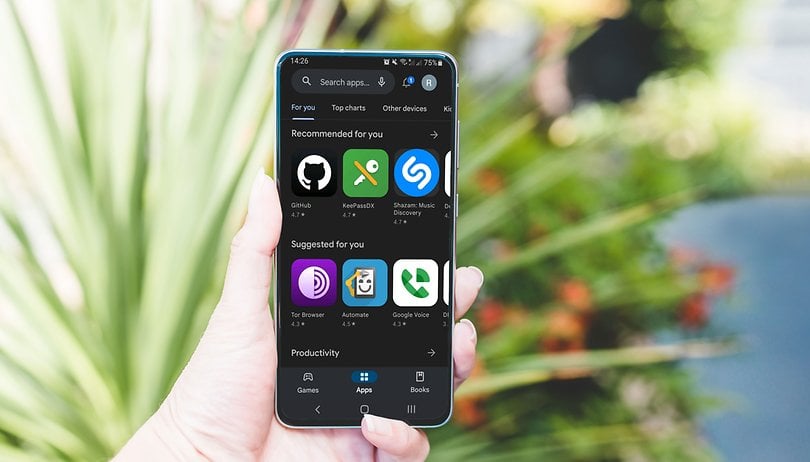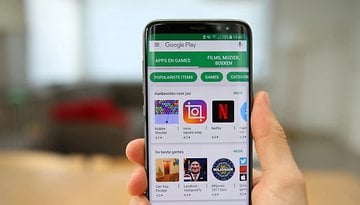Stricter Requirements Lead to Fewer apps in the Google Play Store


Google is being more cautious when checking and verifying apps that are to be included in the Google Play Store. This is causing a cascading effect as not only have far fewer new apps been approved for the platform, but the overall number of apps has decreased significantly.
Previously, many apps in the Google Play Store did not meet user expectations, not only because these apps were repeatedly made available on the same platform while carrying malware within. The quality of the Android apps made available via Google's platform has also been repeatedly criticized in the past.
Unlike Apple, Google has set significantly lower minimum requirements for apps submitted by developers. The company, which is a subsidiary of Alphabet, only relied on automated checks and malware scans during the review process. This was meant to keep the approval speed moving along quickly. As a result, the number of poor-quality apps was high.
Stricter minimum requirements are having an effect
To counter this development, Google announced stricter requirements for submissions to be included in the company's app store last year. Those changes appear to be having an effect.
As Techcrunch reported, citing data from Appfigures, the number of applications in the Play Store has fallen by 47 percent since then. While around 3.4 million apps could be downloaded from the Google platform worldwide at the start of 2024, there are now only around 1.8 million Android apps available for download. The announced measures, therefore, appear to be working. After all, the number of apps available in the App Store rose slightly from 1.6 million to 1.64 million in the corresponding period.
Not only were applications with malware removed, but faulty apps that did not work as intended, such as those that could not be installed or caused crashes, were also discarded.
Google also evaluated the range of functions offered. If this was rated as too low, for example, because only a text or PDF file was displayed or the application only offered a single wallpaper for download, it was also removed from the Play Store.
Thousands of developer accounts blocked
Due to the increased requirements, the release process for a large number of apps was also stopped last year. According to Google, more than 2.36 million Android apps were not included in the Google Play Store. In addition, 158,000 accounts were blocked that were assigned to developers whose offerings were found to contain malicious code.
In addition, a tightening of the laws applicable in the EU may have contributed to the significantly smaller offering in the Google Play Store. Since February, developers have also had to disclose verifiable name and address data as part of the publishing process.






















